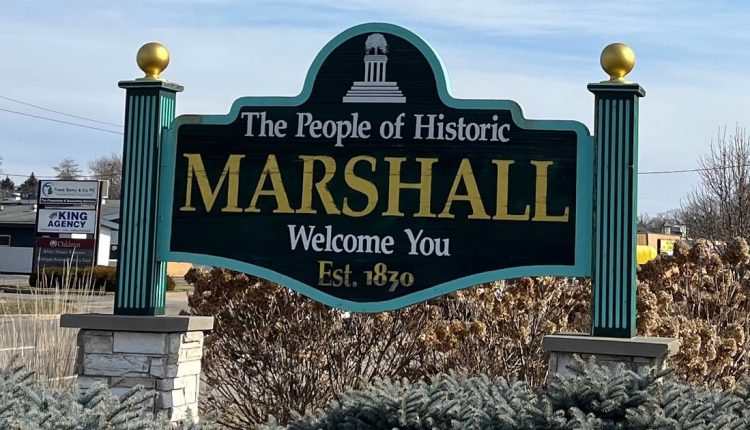Legislators on the panel asked many questions, including about Ford’s partnering with the world’s largest EV battery supplier, China-based Contemporary Amperex Technology Co. Ltd. The tie has drawn scrutiny.
“It is not a joint venture. Ford is simply licensing technology to make these batteries. The government of China has no role in the project, and no tax dollars will go to the company licensing us the technology,” said Chris Smith, Ford’s chief government affairs officer.
But Rep. Andrew Fink, a Republican from Hillsdale County’s Adams Township, said CATL would benefit even if it does not directly get state funds.
“They’re going to receive money because of the appropriation. That just cannot be denied, or they wouldn’t be participating,” he said. “I’m sure you’re aware that the Chinese national intelligence law requires all Chinese companies to cooperate with the intelligence-gathering operations of the Chinese government, which is wholly controlled by the Chinese Community Party. We can’t talk about this seriously by simply saying, ‘Well, they’re not going to be a direct recipient.’ I mean, what is the substantive reason that we shouldn’t be concerned about the presence of an entity that is legally subject to the control of the CCP according to the laws of their own country?”
Smith said CATL is the “one company” that can provide technical service so Ford can build lithium iron phosphate batteries in the U.S. Those batteries currently are being imported, he said.
“That’s very, very important for Ford and I think very much aligned with some of the supply chain national security concerns that we will be having as a company, as a region, as a state, as a nation,” he said.
Ford, he added, always has to take security seriously and protect U.S. technologies and intellectual property regardless of whether it has a provider like CATL or not.
The committee did not vote Wednesday.
Assuming the $210 million grant is authorized, remaining money in the SOAR Fund will effectively be spoken for. Democratic Gov. Gretchen Whitmer, a supporter of the Ford project, recently proposed adding $800 million to the account and then an additional $1.5 billion over three fiscal years.


